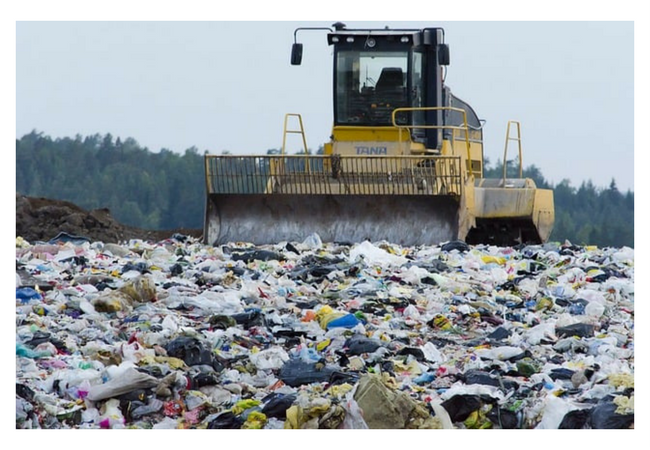
When most people head to their local coffee shop for an afternoon pick-me-up or stop by a coffee chain for a caffeine boost on the way to work, not much thought is given to the disposable coffee cup that is being used. In fact, most people are unlikely to know whether or not the disposable coffee cup they are using is eco-friendly or recyclable. This lack of awareness has led to a worrying amount of disposable coffee cup waste. Scientists have warned that it could take over 30 years for the UK’s disposable coffee cup waste to decompose.
Around 58 billion disposable coffee cups are used worldwide every year, with 2.5 billion of these being disposed of in the UK alone. This amount of waste wouldn’t be too much of an issue if all of these disposable coffee cups were being fully recycled – but currently less than 0.25% are. To compare, 50% of aluminum cans and 57% of plastic bottles are recycled respectively.
The Problem
Most disposable coffee cups used in the UK cannot be recycled and this comes as a surprise to a lot of the takeaway coffee drinkers. Many use the disposable coffee cups assuming that recycling will take care of the waste, but sadly this isn’t the case.
The majority of disposable coffee cups used in the UK are made using paper that’s chemically treated with polyethylene to make it waterproof – which is great when you consider that polyethylene’s main role is to ensure that the disposable coffee cup can hold a hot liquid safely and securely. However, this fusion of paper and plastic makes it extremely difficult for the disposable coffee cup to be recycled – there are currently only a handful of facilities in the UK that can separate the plastic from the paper and therefore the majority of used disposable coffee cups must be sent to landfill.
This lack of recycling has subsequently increased the volume of new raw material needed to meet the UK’s yearly demand for disposable coffee cups – over 100,000 trees must be cut down; this simply isn’t sustainable.
The Solution
In order to reduce the UK’s disposable coffee cup waste, steps must be taken to reduce the number of disposable coffee cups that are being used which cannot be fully recycled or composted.
The use of fully biodegradable disposable coffee cups is proving to be an effective way of reducing the amount of disposable coffee cup waste in landfill. Biodegradable disposable coffee cups can quickly break down on their own into natural materials, without harming the environment. This means that even if they are not recycled, or composted with general food waste, then there is still the assurance that they will quickly breakdown in landfill waste.
Biodegradable disposable coffee cups are becoming more available and many large coffee chains are beginning to choose them over regular disposable coffee cups. It is hoped that with a better alternative readily available and coffee drinkers supporting the efforts to move away from standard non-recyclable and non-biodegradable disposable coffee cups, the sheer amount of disposable coffee cups residing in landfill will reduce.
What Can You Do?
Though disposable coffee cup recycling isn’t the first thought of most food businesses, it’s an issue that should be addressed. Ignorance over disposable coffee cup recycling has led to a gigantic buildup of waste that won’t be decomposing any time soon, and so it’s important that food businesses acknowledge the need to move away from using non-recyclable and non-biodegradable disposable coffee cups.
Rather than heading into a coffee shop and using a new disposable coffee cup every time, the use of a reusable coffee cup is also an option for consumers. This means less disposable coffee cups used and ultimately less waste produced.
Many are backing the encouragement of reusable coffee cups by supporting incentives such as placing a tax on disposable coffee cups; reports currently suggest that adding a 25p charge on disposable coffee cups could increase the use of reusable alternatives by 3.4%. It is thought that this could also cut the number of disposable coffee cups being used in the UK by up to 300 million.


